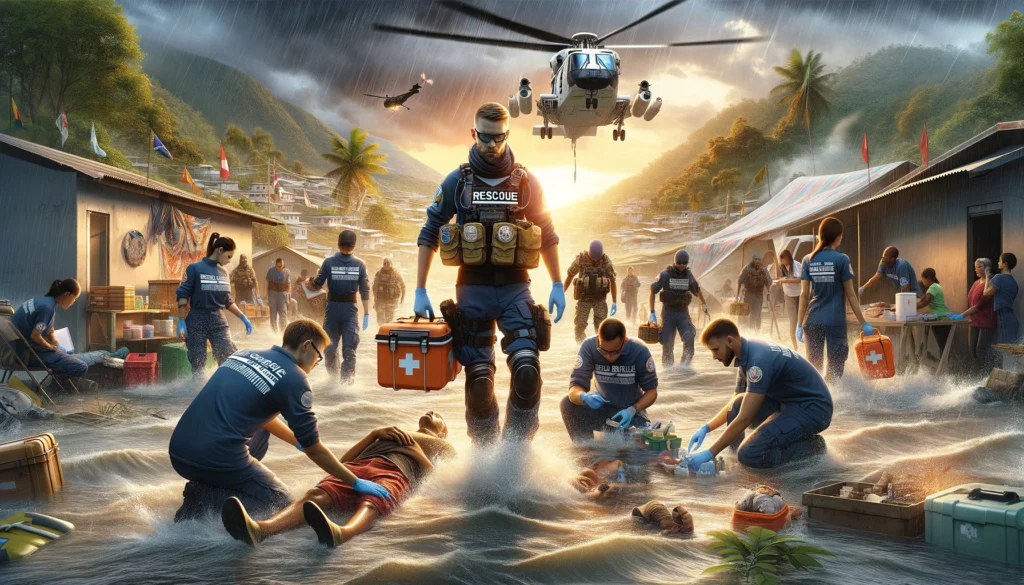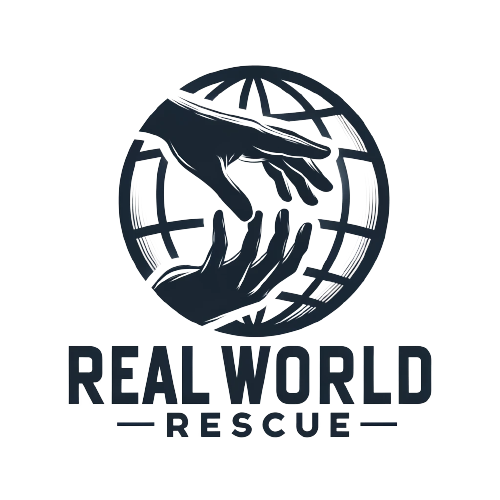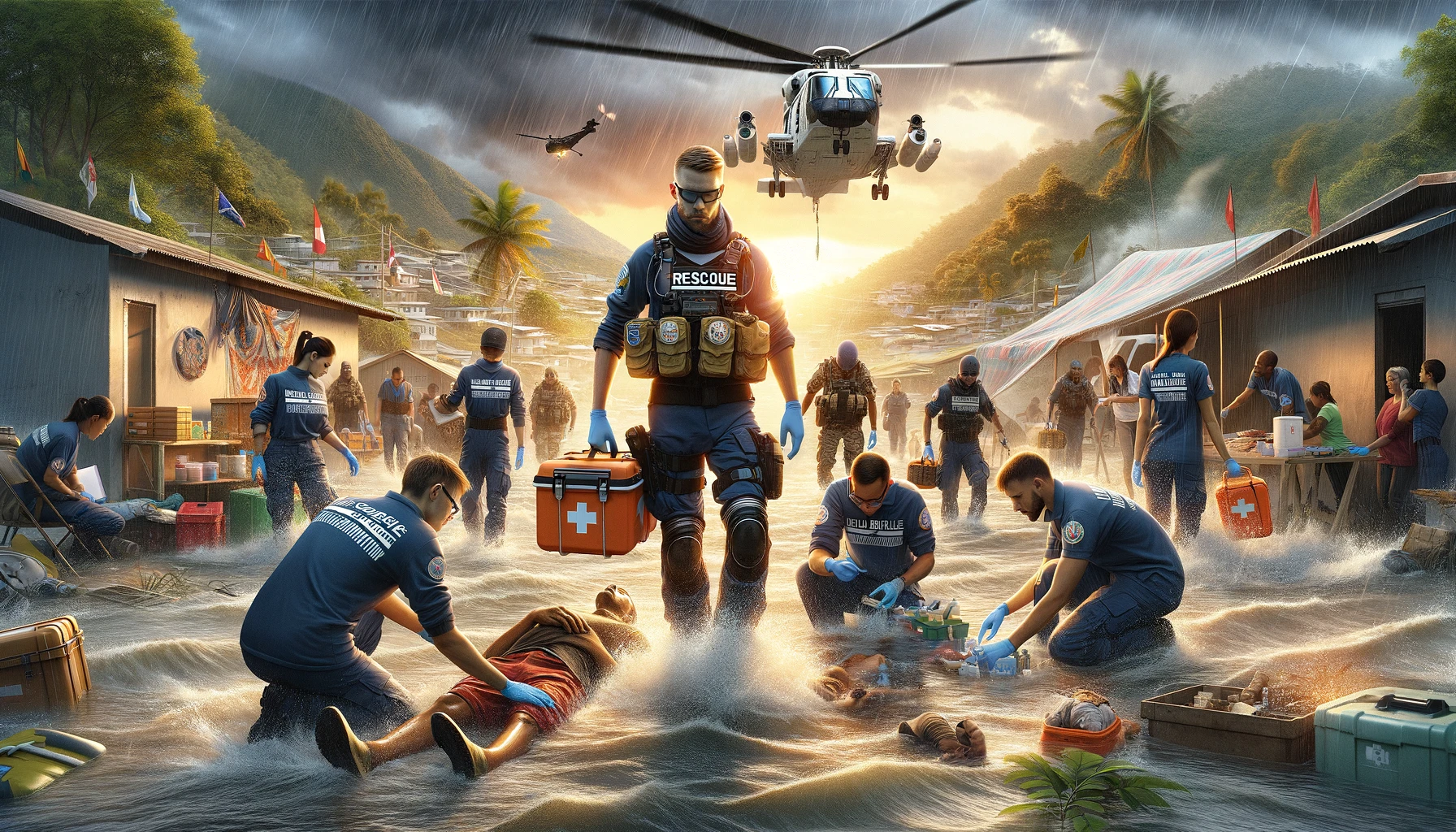In the dynamic and often dangerous world we live in, disasters—natural or man-made—pose constant threats to communities across the globe. The need for quick, effective, and coordinated response during such times is paramount. This is where organizations like the World Rescue Organisation (WRO) play a critical role. The WRO is a beacon of hope, a global entity committed to providing immediate humanitarian assistance and long-term recovery support wherever disasters strike. This article aims to shed light on the crucial work of the WRO, illustrating how they save lives and support communities to withstand and recover from crises.
The Mission of the World Rescue Organisation
The World Rescue Organisation operates on a simple yet powerful premise: to save lives and restore communities affected by disasters. This mission is driven by a commitment to rapid response, the resilience of affected populations, and the development of sustainable practices that mitigate the impacts of future disasters. From earthquakes and hurricanes to war zones and refugee crises, the WRO’s presence spans various scenarios where immediate rescue and recovery are needed.
How WRO Saves Lives
Rapid Deployment of Aid and Resources
When disaster strikes, time is of the essence. The WRO has developed a streamlined process that allows them to deploy aid and resources swiftly. This includes the mobilization of emergency response teams, medical assistance, and essential supplies such as food, water, and shelter materials. Their logistical networks, established in strategic locations around the world, ensure that help reaches even the most remote or inaccessible areas quickly.
Specialized Rescue Operations
The WRO is renowned for its specialized rescue operations. These include urban search and rescue missions in collapsed buildings, swift water rescues during floods, and high-altitude operations following avalanches or mountain disasters. The teams comprise highly trained professionals equipped with state-of-the-art technology and equipment, enabling them to navigate challenging environments and save lives under extreme conditions.
Medical Assistance and Psychological Support
Beyond physical rescue operations, the WRO provides crucial medical care and psychological support to survivors. Mobile medical units are deployed to offer immediate healthcare, including surgeries, emergency treatments, and vaccinations. Moreover, recognizing the profound psychological impact of disasters, the WRO ensures that mental health support is available, helping individuals and communities to cope with the trauma and rebuild their lives.

Educational Programs and Community Engagement
An integral part of the WRO’s strategy involves not just response but also prevention and preparedness. Through educational programs, they train local communities on disaster preparedness, risk reduction, and first response techniques. This empowerment enables communities to be more resilient and better equipped to handle emergencies before external help arrives.
Sustainable Recovery Efforts
The work of the WRO does not end with an immediate response. Long-term recovery and rebuilding efforts are crucial to their mission. The organization works closely with local governments and other NGOs to rebuild infrastructures, such as schools, hospitals, and homes, that are resilient to future disasters. Additionally, they assist in restoring livelihoods through various economic development programs, ensuring that communities can return to normalcy and thrive after recovery.
Collaborations and Partnerships
Achieving their global mission requires a collaborative approach. The WRO partners with international agencies, local governments, other NGOs, and the private sector to enhance the effectiveness of their operations. These partnerships help in sharing knowledge, resources, and technologies, ensuring a coordinated and efficient response to emergencies.
Joining Hands with WRO
The World Rescue Organisation’s impact is magnified by the support of volunteers and donors from around the world. Individuals can contribute by volunteering in various capacities, including on-the-ground operations, logistical support, or educational trainers. Financial donations are also critical, as they fund the quick mobilization of resources and personnel in urgent situations.
Conclusion
The World Rescue Organisation stands as a pillar of global solidarity and humanitarian assistance. In a world where the unexpected can happen at any time, the readiness and resilience facilitated by WRO’s efforts are more critical than ever. Understanding their role and supporting their mission can make a significant difference in how effectively the world responds to and recovers from disasters. Through preparedness, rapid response, and sustainable recovery, the WRO not only saves lives but also helps build a safer, more resilient world.
Through this detailed exploration of the World Rescue Organisation’s work, it is clear that their efforts are not just about saving lives in the immediate aftermath of a disaster but also about fostering a long-term culture of resilience and recovery. Their multifaceted approach ensures that the communities they help are equipped to face future challenges, ultimately leading to a safer, more prepared world.

